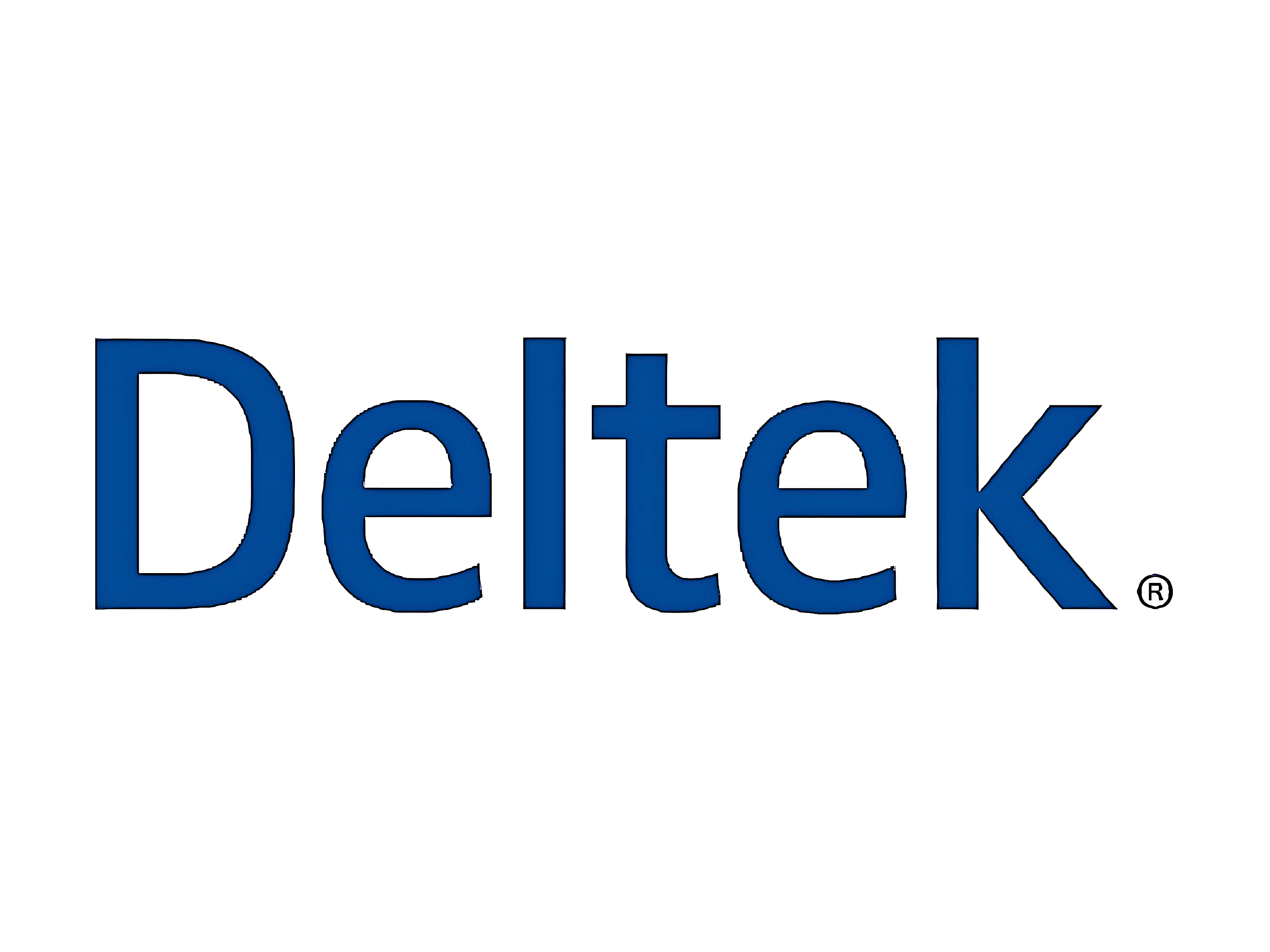Discovering the Secret Features of Monograph Accounting for Effective Accounting Professionals

Defining Monograph Bookkeeping: A Comprehensive Summary
Monograph bookkeeping represents a specific method within the wider field of financial coverage. This approach highlights the detailed and methodical documents of economic purchases and their implications. Unlike standard accounting, Monograph accountancy is frequently tailored to details markets or one-of-a-kind scenarios, providing a focused structure for analysis and reporting. It allows accounting professionals to dive deeper into particular areas, providing a comprehensive sight that lines up carefully with organizational purposes.
A key attribute of Monograph accounting is its flexibility; it can include various audit standards and methods as required. This adaptability allows accountants to generate records that are not just precise but additionally appropriate to stakeholders. The technique typically entails considerable study and assessment of economic information, guaranteeing that every aspect is extensively comprehended and recorded. Thus, Monograph accountancy works as an essential device for accountants intending to give informative monetary analyses tailored to specific contexts.
The Significance of Quality and Precision in Financial Coverage

Unclear or unreliable coverage can result in misguided approaches, deteriorated depend on amongst investors, and regulative analysis. For that reason, accountants must focus on accuracy in their job, making certain that numbers are thoroughly validated and monetary narratives are coherent. This not only promotes openness yet additionally boosts the overall reliability of the company.
Ultimately, quality and precision in economic coverage are vital for keeping stakeholder confidence and advertising sustainable company growth. Accountants play an essential duty in supporting these criteria, making their know-how indispensable in navigating the complexities of economic information.
Simplifying Decision-Making Processes With Monograph Accountancy
Effectiveness in decision-making processes is significantly improved via the principles of Monograph accounting. By consolidating thorough financial information into a particular, systematic framework, accountants can rapidly access essential info needed for educated selections. This technique minimizes the moment invested in information access and analysis, enabling for a more active feedback to economic situations.
Monograph accounting highlights clear categorization and thoughtful organization of monetary deals, which reduces mistakes and miscommunication. When accounting professionals use these principles, they can offer monetary insights in an organized manner, facilitating conversations amongst stakeholders.
In addition, the standardization fundamental in Monograph audit allows smooth comparisons across different periods or departments, additionally helping in calculated preparation. This structured method not only optimizes the inner processes of accounting professionals but additionally boosts the general organizational dexterity, encouraging companies to adapt to altering market problems swiftly.
Key Advantages for Accountants and Their Customers
While embracing Monograph accounting may call for a preliminary investment of time and sources, the long-lasting advantages for both accountants and their customers are significant. This accountancy technique advertises enhanced accuracy and openness, enabling accounting professionals to preserve more clear financial records. By consolidating info right into a single narrative, customers get much better insights into their economic wellness, assisting in notified decision-making.
Moreover, Monograph audit fosters stronger customer relationships with boosted interaction (Monograph Consultants). Accounting professionals can offer economic data in a more absorbable style, making it simpler for clients to understand complicated info. This quality not just develops count on but also encourages proactive financial management
In addition, the streamlined processes related to Monograph audit minimize the chance of mistakes, which can save both time and cash. Eventually, the combination of this technique brings about extra reliable procedures, enabling accountants to offer better solution while encouraging clients with improved monetary understanding and control.
Practical Applications of Monograph Accountancy in Different Industries
In what methods can monograph audit change various sectors? By providing a focused and detailed method to financial reporting, Monograph audit enhances quality and accuracy across varied sectors. In medical care, for example, it helps with the specific tracking of patient prices and source allotment, eventually improving monetary monitoring. The production sector gain from its organized evaluation of manufacturing costs, permitting better pricing methods and profitability analyses.
In the retail sector, Monograph accountancy aids in stock monitoring and sales projecting, assisting organizations optimize supply levels and minimize waste. In the not-for-profit field, it assists in clear reporting of give funding and resource application, promoting count on amongst stakeholders. On the whole, Monograph bookkeeping's tailored approaches make it possible for organizations to accomplish economic transparency and operational efficiency, making it an invaluable tool throughout numerous markets. Its adaptability ensures that businesses can fulfill specific accounting requirements while maintaining conformity with guidelines.
Frequently Asked Inquiries
What Software application Is Finest for Applying Monograph Accounting?
The finest software for executing Monograph audit consists of copyright, Xero, and Sage. These systems offer comprehensive attributes tailored for effective monitoring, reporting, and management of financial information, assisting in streamlined audit procedures for professionals.
Exactly How Does Monograph Bookkeeping Differ From Traditional Accounting Techniques?
Monograph accountancy concentrates on individual tasks or clients, highlighting in-depth monitoring and reporting for certain entities, while conventional accounting accumulations data throughout all entities, focusing on general financial health rather than project-specific insights and efficiency.
What Are Typical Difficulties Accountants Face With Monograph Accountancy?
Accountants commonly experience obstacles with Monograph accounting, consisting of complexity in monetary reporting, integration with existing systems, ensuring compliance with regulations, adapting to special customer needs, and taking care of the detailed documentation required for accurate analyses.
Exist Details Rules Governing Monograph Bookkeeping Practices?
Yes, specific laws frequently regulate Monograph accountancy methods, including adherence to nationwide accountancy criteria, compliance with tax obligation laws, and industry-specific standards. Accounting professionals should remain enlightened to guarantee their techniques straighten with these developed frameworks.
How Can Accountants Stay Upgraded on Monograph Bookkeeping Trends?
Accounting professionals can remain upgraded on Monograph audit trends by registering for market magazines, attending appropriate workshops and conferences, taking part in specialist companies, and involving with online Monograph Project Accounting discussion forums committed to accounting standards and best practices. (Monograph Accounting)
Monograph accountancy presents a distinct framework that enhances monetary coverage for accountants. Unlike typical audit, Monograph audit is frequently customized to distinct circumstances or specific sectors, offering a concentrated framework for analysis and coverage. A crucial attribute of Monograph bookkeeping is its flexibility; it can incorporate numerous audit criteria and practices as required. By providing a focused and extensive method to financial coverage, Monograph accountancy enhances clarity and precision throughout diverse sectors. Yes, certain policies typically regulate Monograph audit techniques, consisting of adherence to national accounting requirements, compliance with tax obligation guidelines, and industry-specific standards.